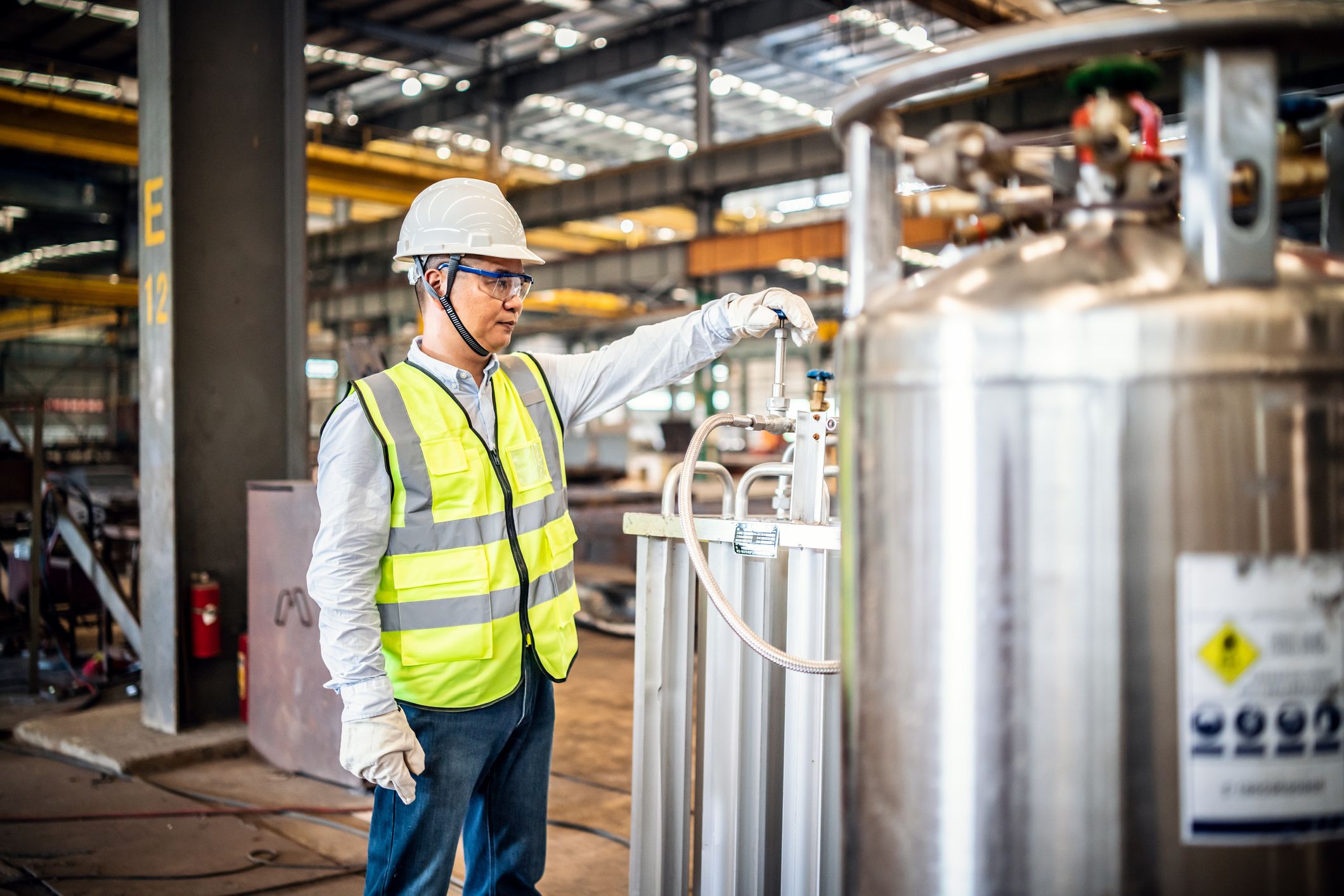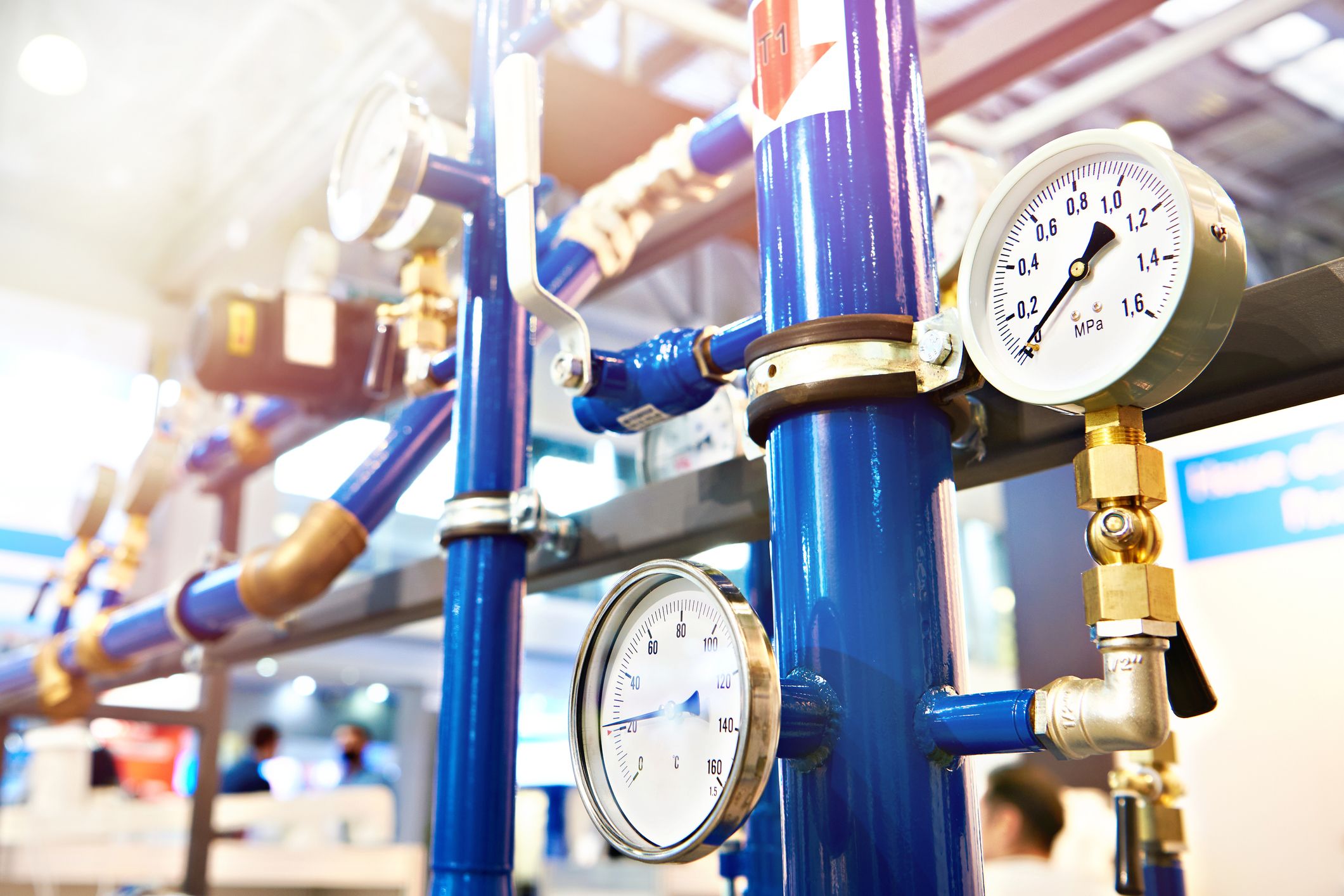Low cost catalytic conversion of methane to high purity hydrogen for use in the Foundation Industries


The project demonstrated methane from landfill and biofuels could be utilised successfully in Torstran production. In future, the Q-Flo team believe emissions from Foundation Industries may also be used. “Currently 80% of glass manufacturing emissions come from the powering of the furnaces. We could capture that carbon and instead of releasing it into the atmosphere it could be used to produce Torstran. Thereby reducing overall emissions from glass manufacture and also meaning Torstran is manufactured with a carbon-captured base material,” explains Chief Technical Officer at Q-Flo Ltd Liron Ismann.
“Co-locating Torstran manufacturing plants with glass or other Foundation Industries could provide an effective way of cleaning up their emissions, as well as reducing the carbon footprint associated with their consumption of pure hydrogen as a process gas.”
Alongside the TFI project, Q-Flo Ltd has been developing numerous patented applications for Torstran – including virus filtration and decontamination, and electromagnetic shielding for use in electric vehicles – which demonstrate its huge potential to industry.
The advanced, carbon-neutral material also offers competitive and environmental advantages over other carbon materials and processes. Carbon fibre, for example, creates around 25 tonnes of carbon dioxide for every tonne produced, and while other methane reclamation processes exist, they produce waste carbon dioxide.

“Co-locating Torstran manufacturing plants with glass or other Foundation Industries could provide an effective way of cleaning up their emissions, as well as reducing the carbon footprint associated with their consumption of pure hydrogen as a process gas.”

The next step is to scale production with a manufacturing plant that produces 1000 tonnes of Torstran per year by 2035 and employs 500 people. “The project has given us the data and knowledge to demonstrate flexibility of methane source, use of waste heat, and a design for scaled production that will bring down the unit cost of Torstran from £100s/kg to £10s/kg,” says Martin.
“Investment in a manufacturing plant would bring significant benefits to the UK. This technology leads the way in common resource utilisation, facilitates the goal of a Net Zero economy, and offers first-mover advantage to manufacturing and development companies seeking to utilise high-performance carbon-based materials. It’s truly at the forefront of green industry.”
